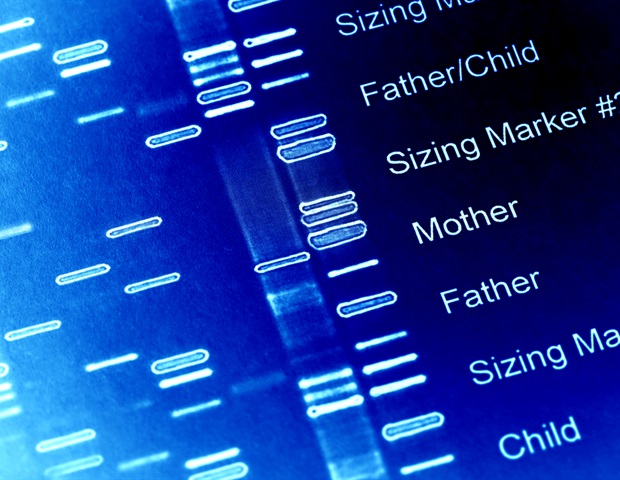In what could be a major advance in understanding the genetic causes underlying human infertility, scientists led by researchers from Rutgers University-New Brunswick have identified a gene variant directly tied to early miscarriages in women.
The discovery of the variant is linked to accelerated reproductive aging, a condition producing high numbers of abnormal eggs that can lead to miscarriages. The findings could alert women to the potential for early infertility and guide them in their approach to reproductive planning and fertility treatment, scientists said.
Knowledge of the precise genetic landscape that causes egg abnormalities in women has long been limited. This work represents a significant step forward in our understanding of the underlying genetics and provides the deepest validation yet of a candidate variant for causation.”
Karen Schindler, author of the study and professor in the Department of Genetics in the Rutgers School of Arts and Sciences
Reporting their results in the journal Proceedings of the National Academy of Sciences, the scientists pinpointed the variant – which differs from the non-mutated version by only a single amino acid – in the kinesin protein gene KIF18A. This mutated protein, they found, speeds up the aging process of eggs in younger women with the variant, ultimately diminishing their fertility.
Successful female reproduction, Schindler said, is highly dependent on creating eggs of good quality. Miscarriages are often caused because women produce eggs with aneuploidy, an abnormal number of chromosomes. The possibility of producing eggs with aneuploidy increases with age.
Because the eggs of the women with the variant age more rapidly than normal, they produce a higher number of eggs with aneuploidy. This condition is known as “high embryonic aneuploidy.”
Rutgers Department of Genetics Professor Jinchuan Xing, an author on the study, led a team that started by conducting a comprehensive computational analysis of the genes of women with high embryonic aneuploidy. To do so, team members accessed data maintained in a biobank at an in vitro fertilization clinic and sought patterns in maternal DNA sequences collected from patients.
The analysis showed that many of the women with abnormal eggs carried the mutation in the kinesin protein gene KIF18A. Subsequent studies of mice engineered to contain the genetic variant, indicated that the mice produced more abnormal eggs at an earlier than normal age.
“From this, we can say that this is more than a correlation; it’s a causal relationship,” said Leelabati Biswas, the study’s co-first author and a student in the university’s joint M.D.-Ph.D. program in the Department of Genetics and the Rutgers Robert Wood Johnson Medical School. “The results gave us a powerful validation of our computational data.”
Biswas and Schindler believe the conclusions of the study are directing researchers toward further discovery. They can imagine finding more variants associated with aneuploidy, providing more connections and, ultimately, deepening knowledge.
“This is a first step,” Biswas said. “We’re heading in a direction where we may be able to give women more opportunities for precision medicine, to better inform them, using targeted genetic information for reproductive treatments.”
A woman who wants to have children and knows she possesses this genetic variant that will produce age-related infertility prematurely may opt to have children earlier or freeze her eggs while she is younger, Schindler said. “If you know your genetic risk, you will know your outcomes are going to be better if you start at age 28, rather than 32. That could make a huge difference in your success.”
Scientists who worked on the study from Rutgers also included: Katarzyna Tyc, Mansour Aboelenain and Siqi Sun; and Jason Liu, an undergraduate student in the Rutgers School of Arts and Sciences, all from the Department of Genetics; and Assistant Professor Min Xu in the Department of Statistics. Other researchers included Richard Scott of RMA NJ; Vanessa Guo and Xin Tao of Juno Genetics in Basking Ridge, N.J.; and Iva Dundovic, Kruno Vukusic and Iva Tolic, all of the Ruder Boskovic Institute in Croatia.
Source:
Journal reference:
Biswas, L., et al. (2024). Maternal genetic variants in kinesin motor domains prematurely increase egg aneuploidy. Proceedings of the National Academy of Sciences. doi.org/10.1073/pnas.2414963121.
Source link : News-Medica

